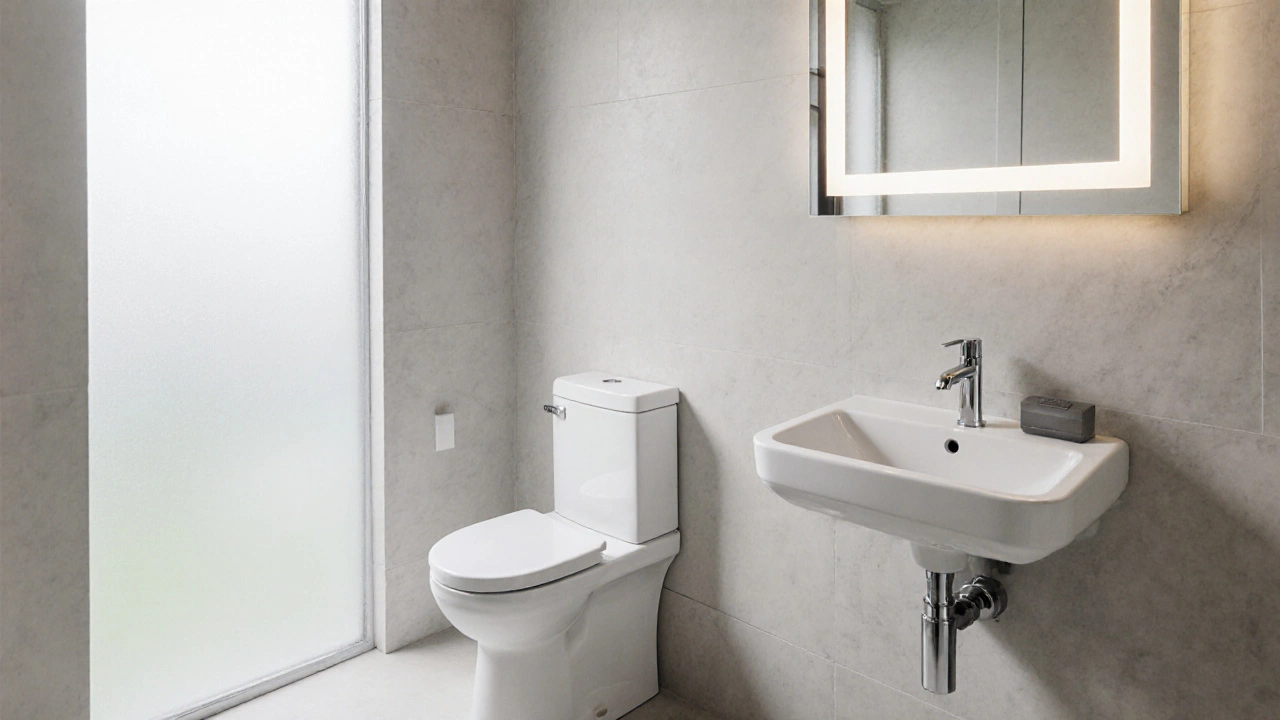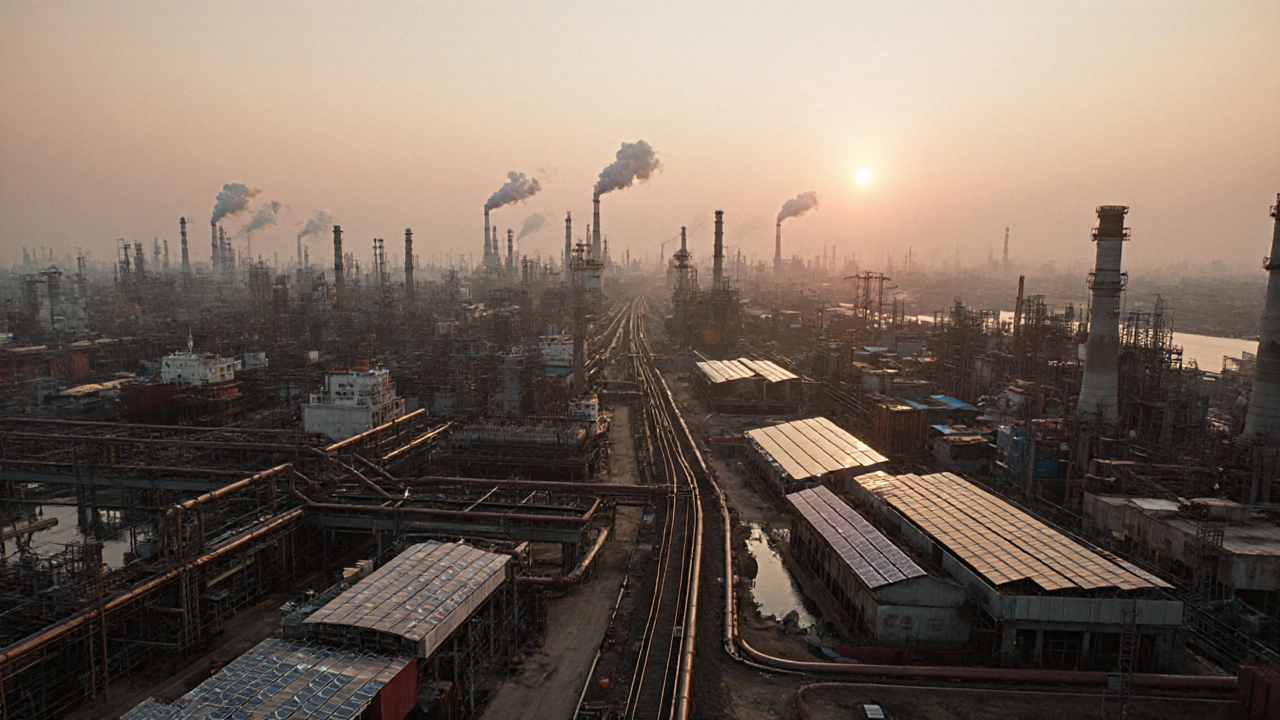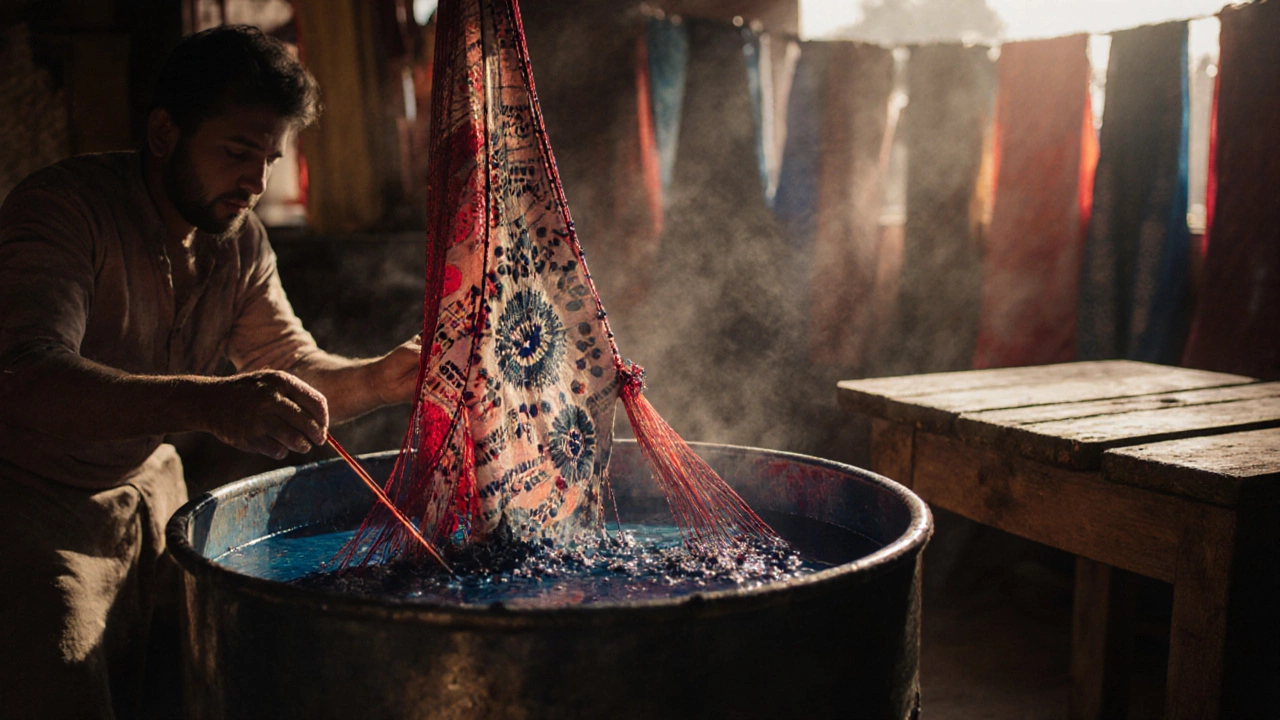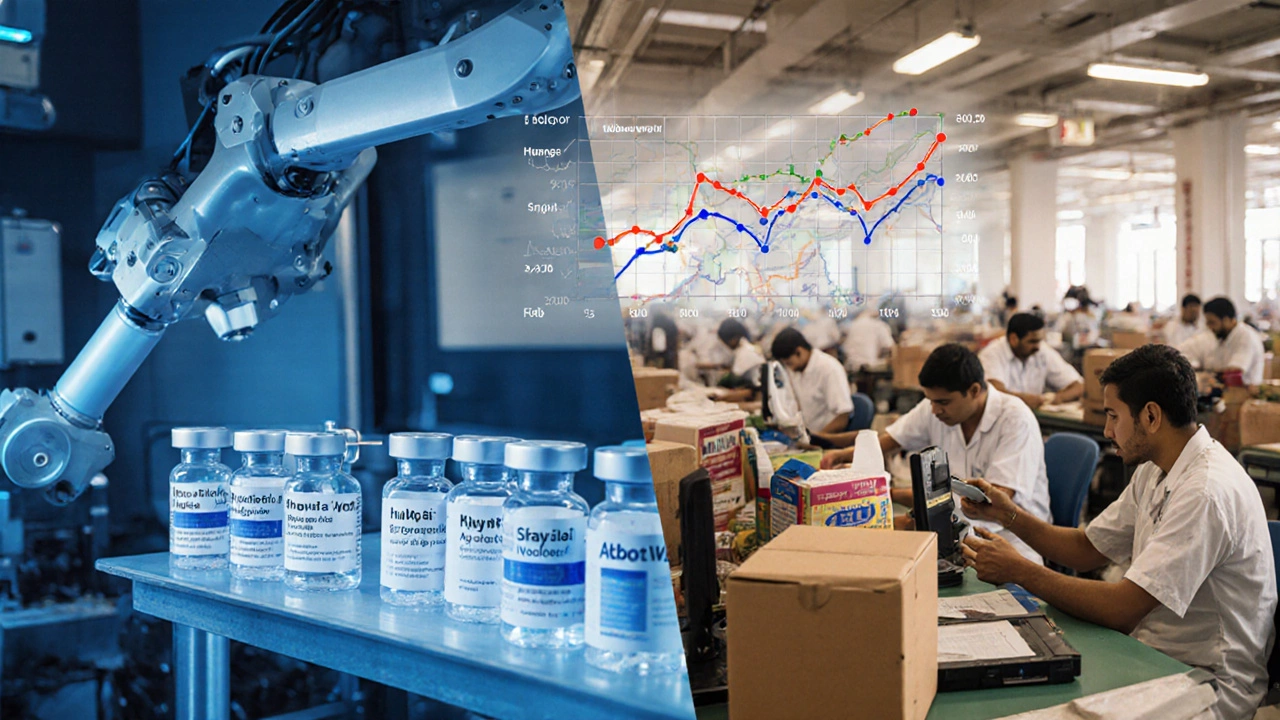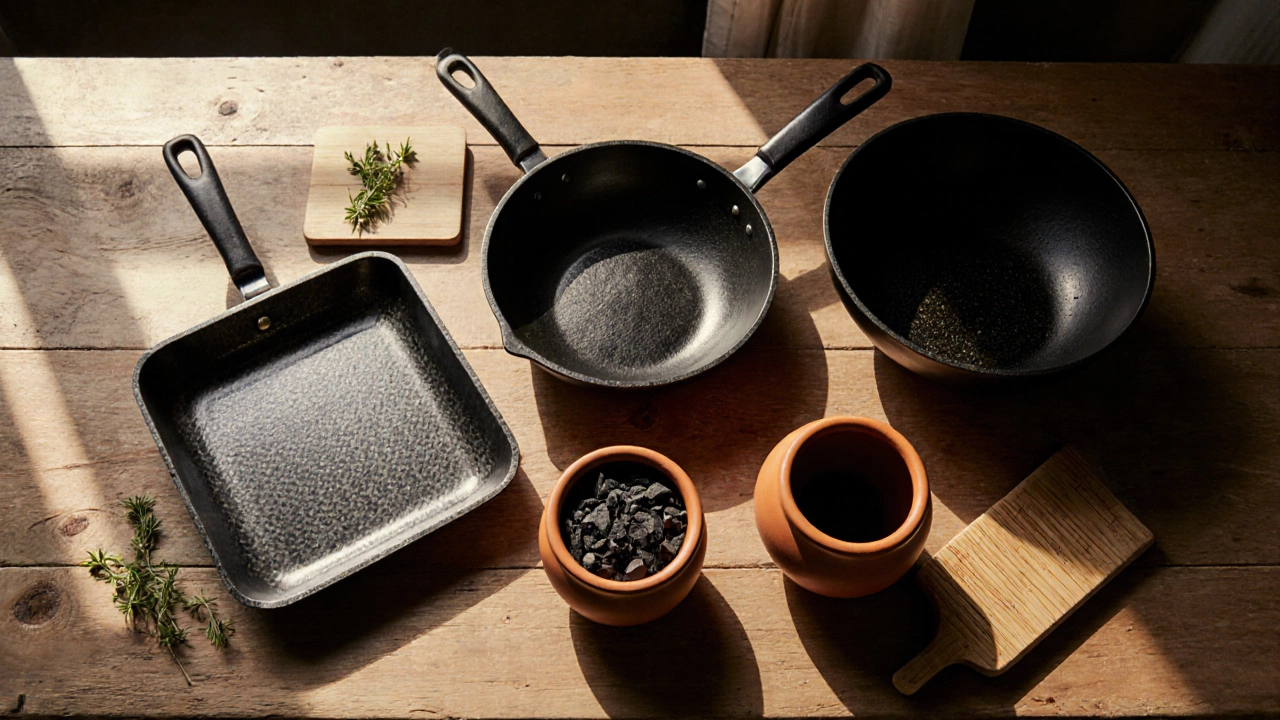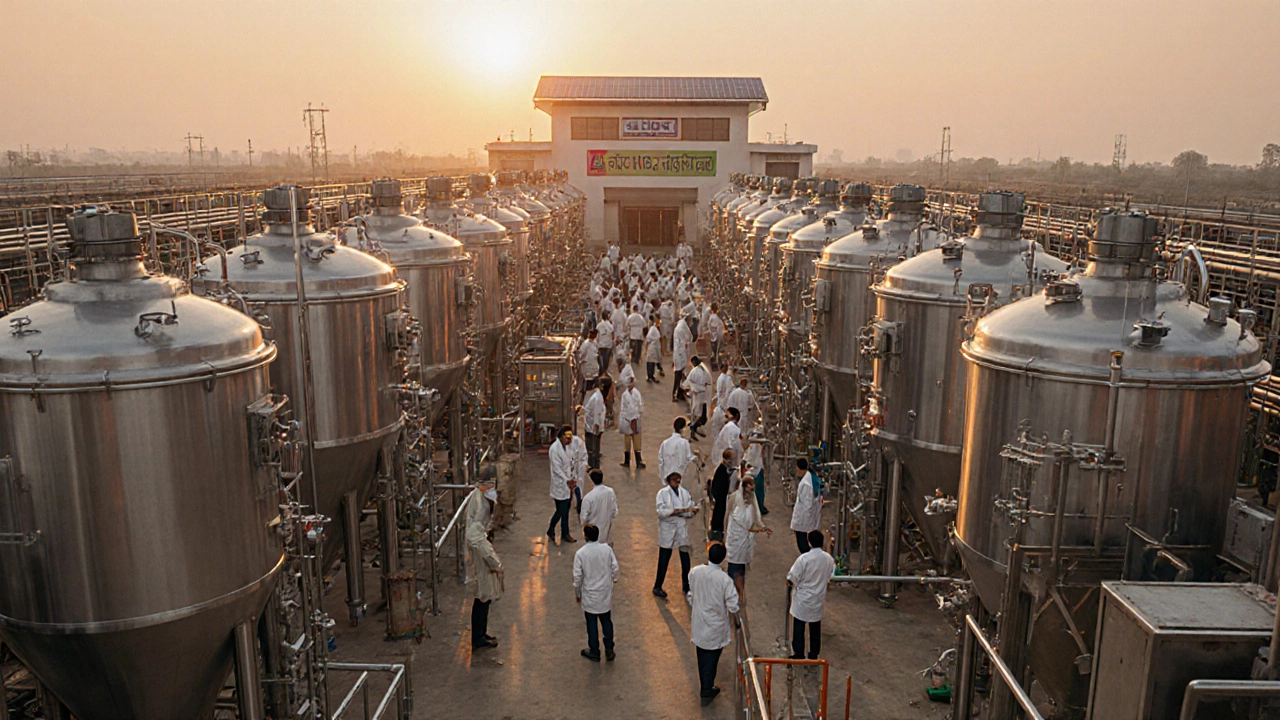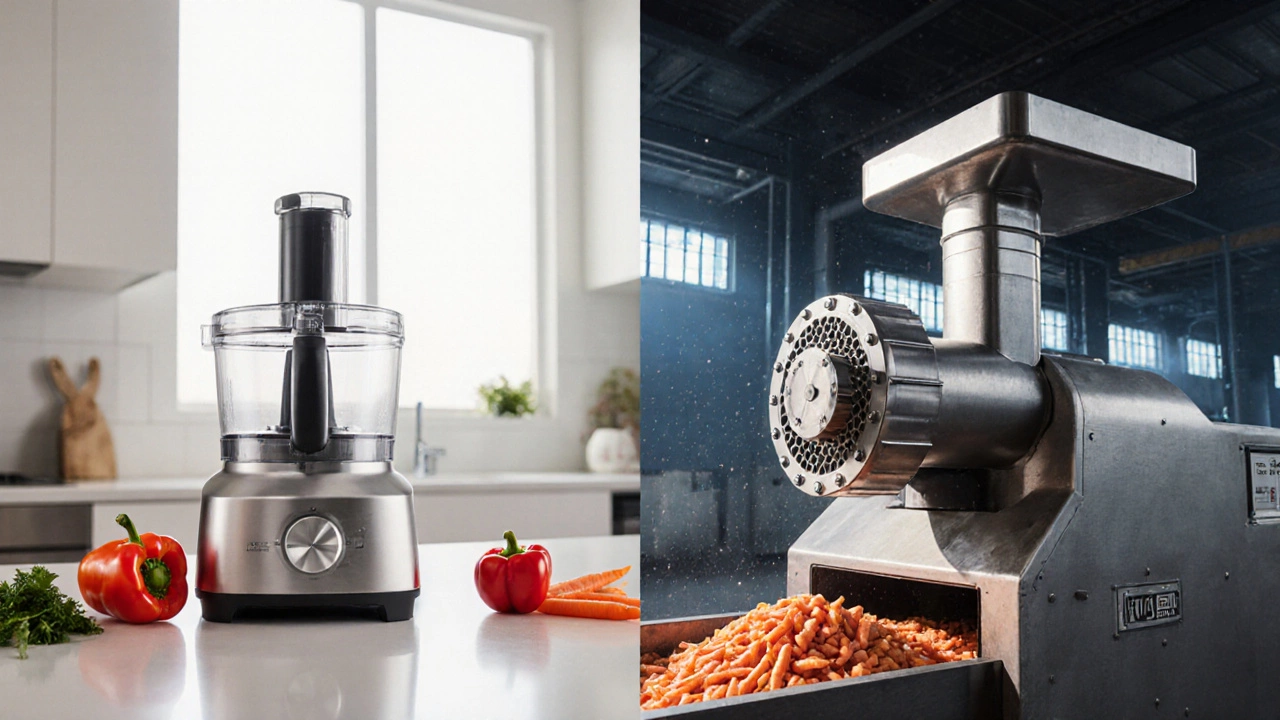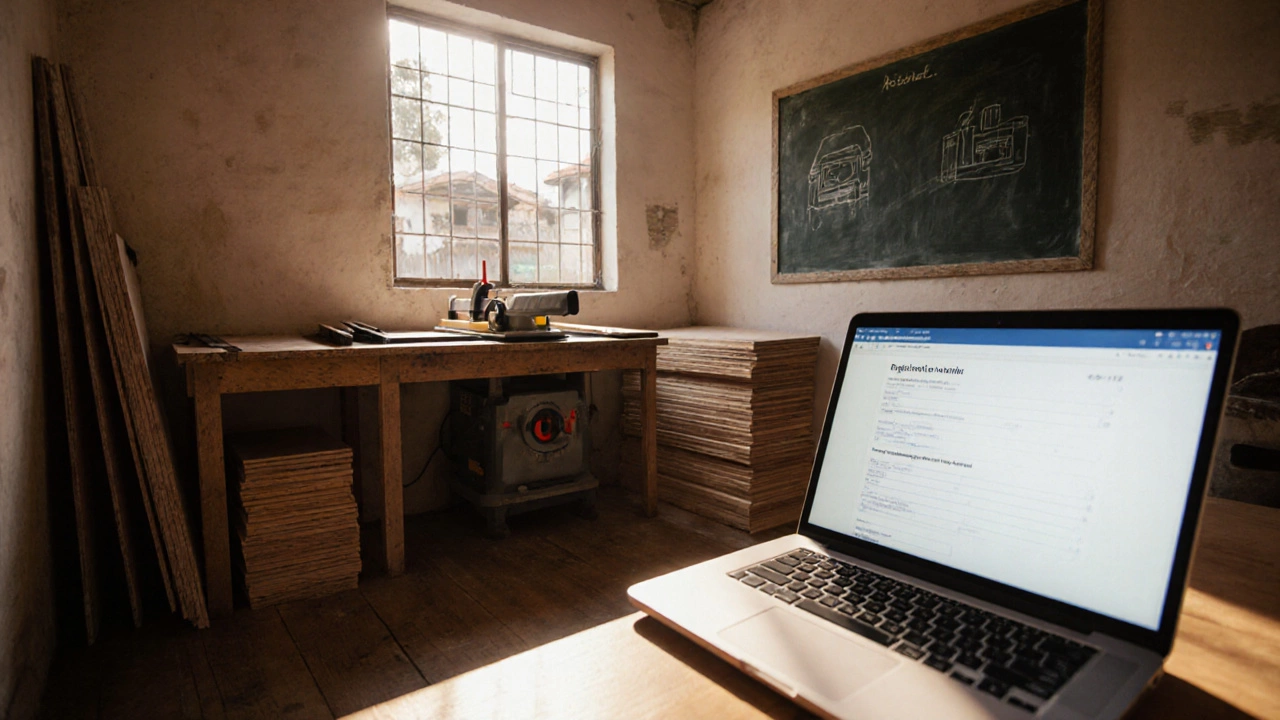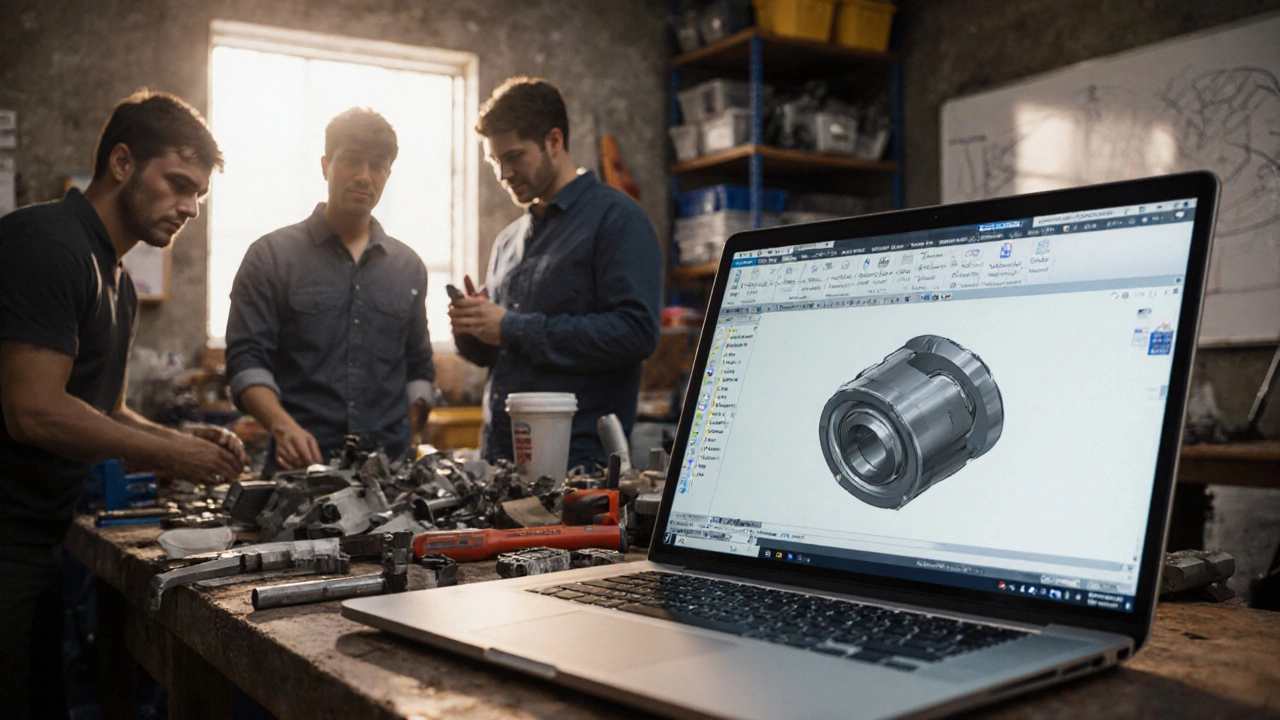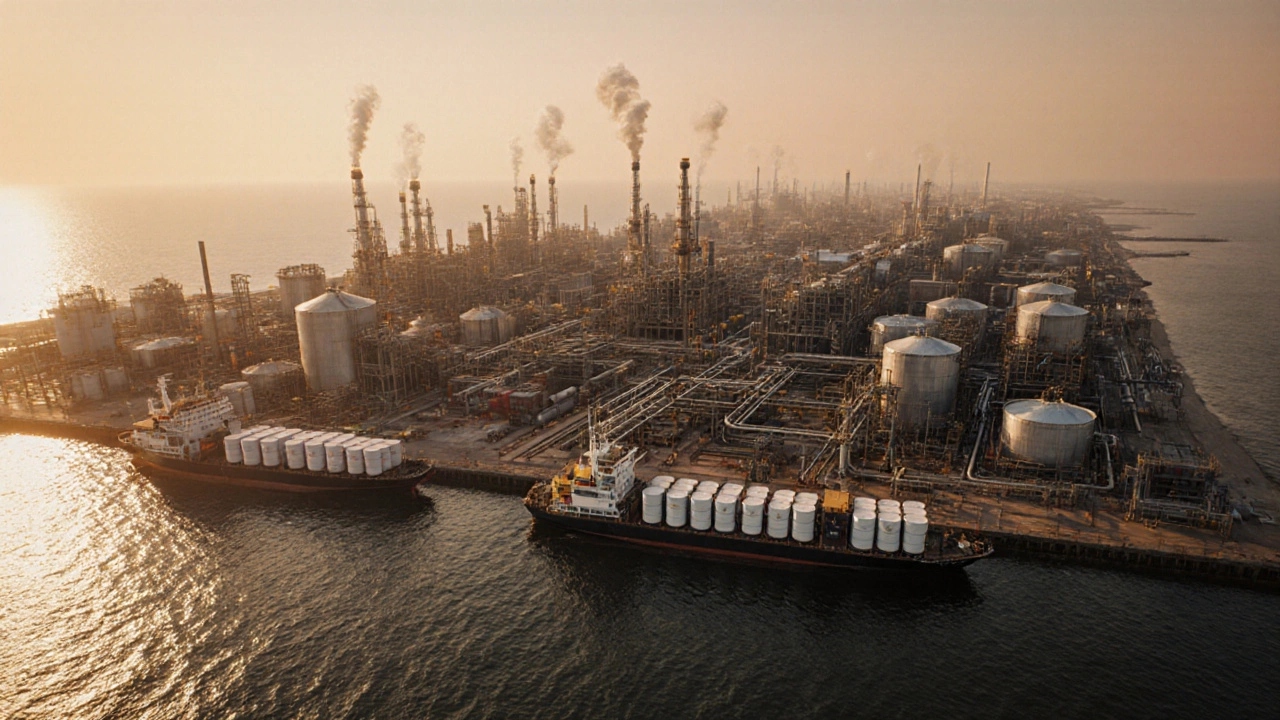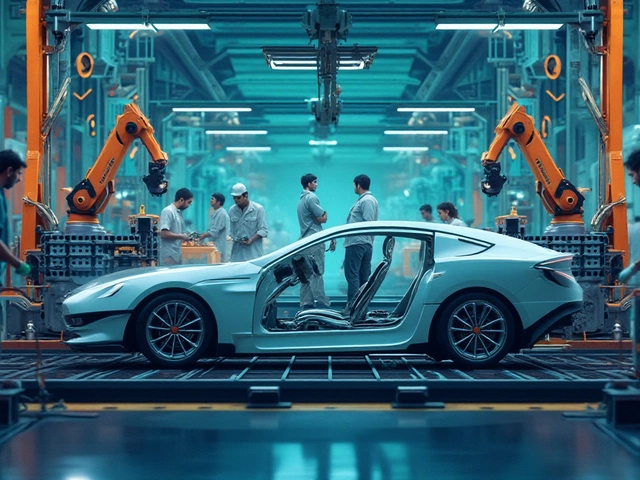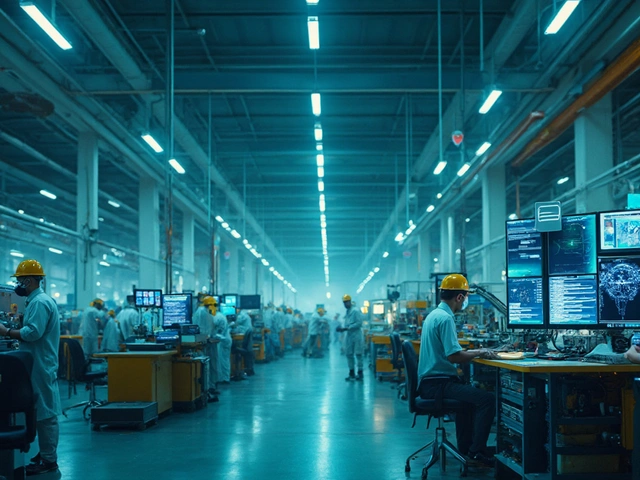2025 October Archive: Indian Manufacturing, Home Goods, and Everyday Essentials
When you think about Indian manufacturing, the backbone of India’s economy that produces everything from tissues to textiles to pharmaceuticals. Also known as domestic production, it’s what keeps homes running and global markets supplied. In October 2025, the focus was on real, everyday things—what makes a bathroom work, why Gujarat leads in chemicals, and how India became the world’s top generic drug maker. These aren’t abstract ideas. They’re the hidden systems behind your toilet paper, your kitchen rug, and the medicine you buy at the corner store.
Behind every tissue you use is a chain of decisions: where the fibers come from, how the machines run, and who’s making sure it’s safe and sustainable. That’s where home goods, practical items like towels, rugs, cabinets, and mirrors that serve daily needs in Indian households. Also known as household essentials, these are the quiet heroes of daily life. Posts this month dug into what’s truly necessary in a bathroom—no fluff, just the toilet, sink, shower, mirror, and towel rack. They also asked how long a good rug lasts, whether built-in cabinets are still in style, and why rubbing your feet on a rug gives you a shock. These aren’t random topics. They’re the small, daily interactions people have with products made right here in India.
And then there’s the bigger picture. Gujarat chemical industry, the powerhouse behind 60% of India’s chemicals, from petrochemicals to pharmaceutical intermediates. Also known as India’s chemical belt, it’s where raw materials turn into the ingredients in your cleaners, medicines, and even your fabric dyes. This month, we looked at why Gujarat—not Mumbai or Delhi—is the real engine. We also compared India’s pharma output to the rest of the world and found it’s not just big—it’s leading. Meanwhile, posts on traditional fabrics like Bandhani and Patola tied manufacturing to culture, showing how centuries-old weaving techniques still power modern exports.
From the steel plants in the U.S. to the plastic exporters dominating global trade, the context was global—but the focus stayed local. Why? Because what happens in Gujarat affects your bathroom. What happens in Mumbai’s textile markets affects your rug. And what happens in India’s pharma labs affects your health. This archive isn’t just a list of articles. It’s a map of how everyday life connects to Indian industry, craftsmanship, and innovation. Below, you’ll find real answers to real questions—no theory, no fluff, just what works, what lasts, and what’s made right here.
What Are the 5 Essential Pieces in a Bathroom?
The five essential pieces in a bathroom are the toilet, sink, shower or tub, mirror, and towel rack. These are the only fixtures you need to use the space safely and hygienically every day. Everything else is optional.
View MoreWhich City in India Is Famous for Chemical Industry?
Gujarat, especially the cities of Jamnagar, Vadodara, and Hazira, is India's chemical manufacturing hub, producing over 60% of the country's chemicals including petrochemicals, fertilizers, and pharmaceutical intermediates.
View MoreWhat Is Gujarat Famous Cloth? Top Traditional Textiles from India's Weaving Heartland
Gujarat is famous for its handwoven textiles like Bandhani, Patola silk, and Kutch embroidery. These fabrics are made using centuries-old techniques, with each piece reflecting deep cultural roots and artisan skill.
View MoreWhich is bigger, Abbott or AbbVie? Size, revenue, and global reach compared
AbbVie is larger in revenue and market value, but Abbott has a broader footprint in India with more products and employees. Learn how these two pharma giants differ in size, focus, and impact.
View MoreRubbing Your Feet on a Rug: Surprising Effects Explained
Discover why walking on a rug creates static shocks, how it affects your health and indoor air, and practical tips to reduce static while keeping your flooring stylish.
View MoreJapanese Pan Names Explained: Nabe, Tamagoyaki Pan, Hibachi & More
Discover the real names of Japanese pans-Nabe, Tamagoyaki pan, Hibachi, Tetsunabe, Donabe, and more-plus how they differ, how to use them, and where to buy.
View MoreWhich Country Leads Pharma Manufacturing? India's Rise to the Top
Explore why India dominates pharma manufacturing, its strengths, challenges, and how it compares to other global players in 2025.
View MoreProcessor vs Processing Unit: Key Differences Explained
Learn the essential differences between a processor and a processing unit in food manufacturing, their functions, scales, and how to choose the right equipment for your operation.
View MoreHow Much Does It Cost to Start a Furniture Business in India? 2025 Guide
Discover the full cost breakdown to launch a furniture business in India in 2025, from registration and rent to machinery, raw material, labor, and financing options.
View MoreWho Is the World’s Leading Plastic Exporter? 2025 Data & Insights
Find out which country leads plastic exports, see 2025 data, and learn the key players shaping the global plastic trade.
View MoreTwo Must‑Have Brands for Every Manufacturing Startup
Discover the two essential brands that every manufacturing startup should use, with in‑depth reviews, a side‑by‑side comparison, and supporting tools to help you scale fast.
View MoreIndia's Biggest Export in 2025: Why Petroleum Products Lead the Pack
India's biggest export is refined petroleum, topping the country's export list in 2025. This article breaks down the data, key markets, and future trends, plus insights for manufacturers and investors.
View More